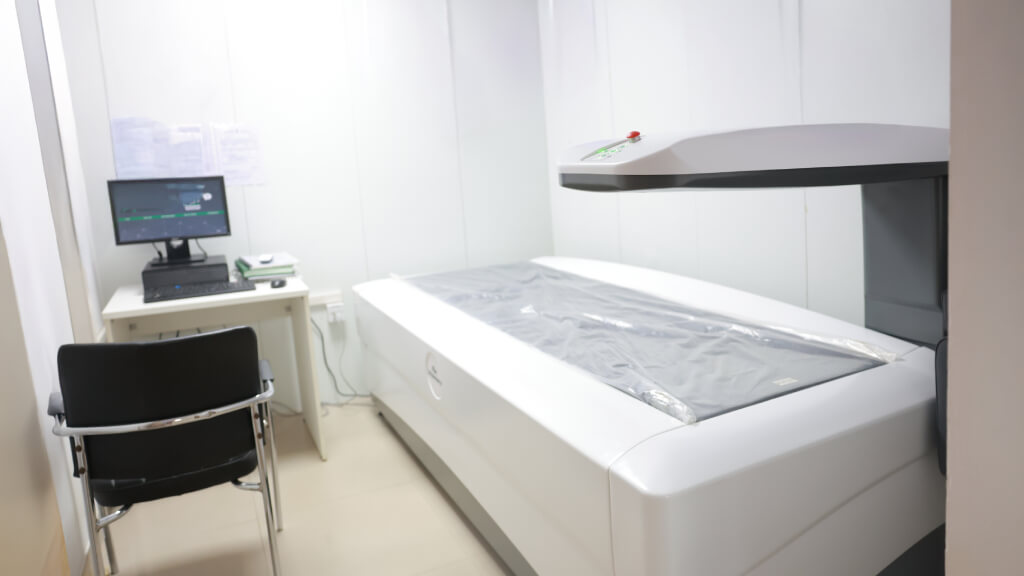1. Postmenopausal Women & Older Adults
Hormonal changes after menopause accelerate bone loss. Women over 55 and men over 65 face a sharp rise in osteoporosis risk. A DEXA scan helps detect bone loss early, before fractures occur.
2. Individuals with a Family History of Osteoporosis
Genetics matter. If osteoporosis runs in your family, your risk is higher—even if your lifestyle is healthy. A baseline DEXA scan provides valuable insight into your personal risk.
3. Patients with Frequent Fractures or Bone Weakness
If you’ve had multiple fractures from minor injuries, your bones are sending a signal. DEXA scans can confirm whether osteoporosis or osteopenia is the underlying cause.
4. Long-Term Steroid Users
Steroids (like prednisone) are life-saving for many conditions, but they also accelerate bone loss. If you’re on steroids for months or years, regular DEXA scans help monitor the damage and guide treatment.
5. Those with Chronic Illnesses
Conditions like rheumatoid arthritis, thyroid disorders, diabetes, kidney disease, or celiac disease interfere with bone metabolism. For these patients, DEXA scans are part of ongoing care.
6. Athletes Prone to Stress Fractures
Yes, even the fit are at risk. Repeated stress on bones, combined with nutritional imbalances, can lead to fractures in runners, gymnasts, or dancers. A DEXA scan can reveal if bones are struggling under the pressure.
The Big Picture
If you belong to any of these groups, skipping a DEXA scan could mean missing the chance to prevent a painful fracture. The test is quick, painless, and safe—and it gives your doctor the roadmap for protecting your bones.


